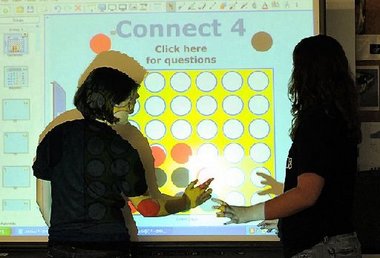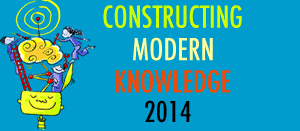Generation YES is proud to be one of over 80 educational organizations taking part in a new Connect All Schools Initiative, which aims to connect EVERY school in the United States with the world by 2016.
Through the Connect All Schools interactive website, schools share stories using text, photo and video about how they are currently connecting their students to the rest of the world through such activities as student and teacher exchanges, global issues curricula, video-conferences and “Exchanges 2.0,” the use of new media and communications technologies to expand, extend, and deepen international cross-cultural exchanges.
Not seeing the video?
Direct link to YouTube video introduction to “Connect All Schools”
“Despite the importance of global competency and engagement, US teachers are not aware of the many options for introducing their students to global issues, world languages, online international interaction and physical exchanges,” said iEARN-USA Executive Director Ed Gragert, who is spearheading the project. “By reading stories of what schools are already doing, additional teachers across the country can learn about specific examples and work with partner organizations to replicate the successes around the country.”
“Imagine the possibilities for our students to learn WITH the world, instead of just about it,” said Dr. Gragert. “Research has clearly demonstrated that authentic interaction with the world’s students across the curriculum results in enhanced learning, improved test scores and a heightened motivation to learn.”
For more information on this exciting initiative or to share your story, please visit: www.connectallschools.org
Sylvia

